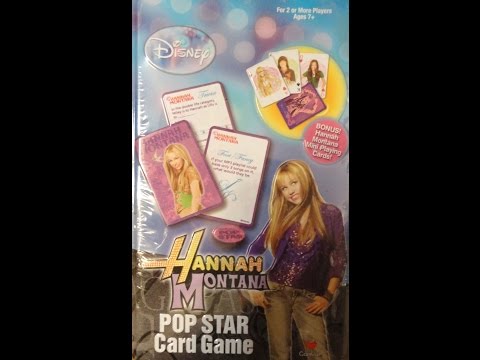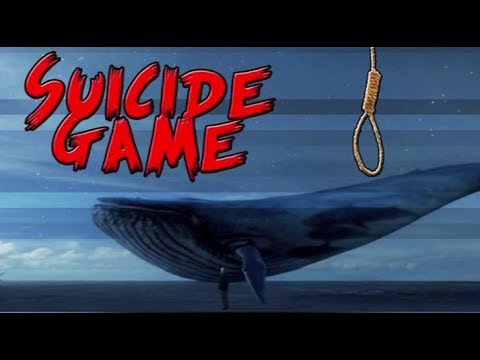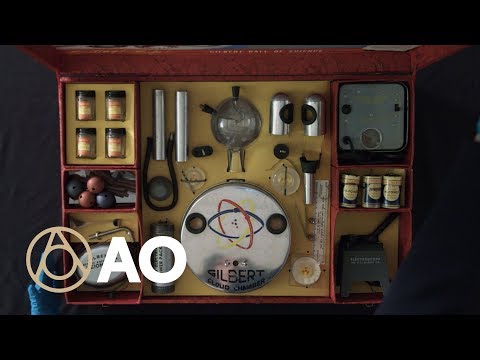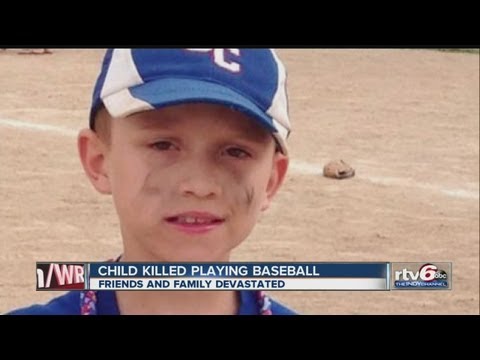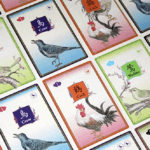Many of the games kids design themselves for the playground and the home are downright ridiculous in their inherent danger. A lot of the ‘challenges’ that kids now play together online are worse. And as crazy as it is, a lot of the mass-produced, high-budget games kids buy can be the worst of all. There’s just no end to the way in which kids can get hurt. And though sometimes it’s all a part of growing up, like how falling off your bike toughens you up, sometimes it can lead to not growing up at all. With that in mind, here are ten of the most dangerous children’s games ever invented, sold, and/or played.
10 Hannah Montana Pop Star Card Game
Alright, this first entry is a bit of myth-busting. In 2007, the Hannah Montana Pop Star Card Game was pulled from shelves and the news had a field day. Since then, it’s continued to show up on deadly toys and games lists almost every time. Oh, it’s still dangerous. When tested for lead in its paint, it was found to have a staggering 3,056 parts per million (ppm), a full 76 times the recommended amount of 40 ppm. That cutesy party game for tweens is a stone-cold killer. But it’s also just one of the 35% of all children’s products (you read that right) that were found to contain lead as part of that testing sweep. Backpacks featuring Diego—Dora the Explorer’s uncanny valley-looking cousin—were also recalled but were not blasted in the media. The same goes for a number of block-stacking games for toddlers, but Miley, as usual, took the bulk of the public’s lashing.
9 Aqua Dots
While we’re on recalls, we have to mention Aqua Dots/Bindeez/Aqua Beads. And while yes, they’re mainly a toy instead of a game (I see you, pedants), children did make a game out of them: it’s called See Who Can go the Longest Without Being Roofied. The Dots were made with the wrong plasticizer, the chemical that makes them squishy. The one mistakenly used, if swallowed, promptly turns into GHB—commonly known as the date-rape drug. You might be thinking, ‘well then don’t swallow them, idiots,’ but the Dots were sold to children four and up. Try raising a 4-year-old who wouldn’t eat even one of a hundred pea-sized, candy-colored beads. In 2015, the manufacturer lost a lawsuit from affected parents, and now any Google search for Aqua Dots yields the result “Aqua Dots loses date-rape-drug poisoning lawsuit.” Oof.
8 Roblox
You might not have heard of Roblox, but your kids have. Statistically, it seems every kid in the world has. Roblox is one of the most downloaded apps on the planet, and some 40 million people, mostly young kids, play it daily. It’s an online game where kids interact with a simulated world, each other, and, unfortunately, a whole load of child predators. In one case, an adult messaged an 11-year-old on Roblox and threatened to harm them and their family if they didn’t send nudes pictures. In another, an adult man on Roblox received nude photos from an 8-year-old girl in exchange for some of the in-game currency. Roblox, like any online multiplayer game primarily for kids, is a whole new type of danger.
7 Any Eating Challenge
Speaking of dangerous games kids play online: eating challenges. There are many different challenges, the most famous of them being the cinnamon challenge, the gallon challenge, and the Tide Pod Challenge, but all share some things in common. They are all recorded attempts to eat something inherently toxic, or in too great of an amount. Users would spread these games by challenging someone else or being inspired by another—and they are all thoroughly stupid. Watch this video on YouTube The Tide Pod challenge, which is just eating laundry detergent, killed at least eight people, most of them children or young adults. Though it has not led to fatalities, the cinnamon challenge has put multiple kids in the hospital with scarred and even collapsed lungs. The gallon challenge, which involves drinking an entire gallon of whatever liquid in a set time frame, has killed at least two people.
6 Car Surfing
Car surfing is just what it sounds like: standing atop a moving car like it was a surfboard. And it’s not just a ridiculous scene from 1985’s “Teen Wolf.” For decades, kids have actually been car surfing, sometimes solo and for fun, sometimes competing (for a Darwin Award). It’s a common enough, and deadly enough, occurrence to have spawned a comprehensive 2008 report by the CDC (for some reason). They found that, between 1990 and 2008, 41 people had been injured car surfing and 58 had died. Almost all of them were teenagers (their wolf status is unknown).
5 Blue Whale
The Blue Whale Challenge, known simply as Blue Whale, is in fact a long series of challenges. Allegedly, the game works by one game runner (found to usually be a preteen or teen) tasking the player to one challenge per day for 50 days. The challenges start innocuous enough but eventually balloon into crime, self-harm, and on the 50th day—suicide. When reports of suicides being linked to the game first circulated, many doubted the connection. As the linkage between the deaths and the supposed game was mostly anecdotal, perhaps they were right. At first. Then the game gained a cult internet following and spawned copycats, and eventually, the myth of the Blue Whale became the morbid (if not quite as common as was thought) fact of the Blue Whale.
4 Atomic Energy Laboratory
We mentioned lead and GHB, and rounding out the toxic substances trilogy, the Atomic Energy Laboratory was probably subtitled: Hollow Bones the Fun Way! The AEL was a toy developed by famed inventor Alfred Carlton Gilbert, who set out to improve the “solid American character” of the next generation by selling toys that increased scientific knowledge in kids. Though an admirable goal, giving thousands of children uranium to play with was a misstep. Watch this video on YouTube The AEL was a mini chemistry/physics laboratory set that allowed kids to play with radioactive elements (/their radioactive isotopes) such as uranium, ruthenium, polonium, and lead. Its packaging actually told kids to “play hide and seek with the gamma-ray source” by hiding radioactive metals in their rooms and seeking them out with a Geiger counter.
3 Any Game with Toy Guns
You would think that giving functioning guns to children is a bad idea. Even cap guns, pellet guns, and paintball guns shoot actual, non-Nerf ammunition that have the potential to seriously wound or even kill. Watch this video on YouTube Perhaps the most infamous of all toy guns was the Austin Magic Pistol, a gun invented in the 40s that shot ping pong balls. For this gun, the ammunition wasn’t the danger; it was the firing mechanism. To launch the ping pong balls, the gun used calcium carbide pellets. Those pellets, when exposed to water—including kids’ spit and tears—would expand until they exploded, sending bits of gun everywhere. Needless to say, an exploding gun in the hands of a child never has a good outcome. Not to mention, there have been cases with people mistaking toy guns for real guns. Young people have been injured and even killed when someone thought they were holding a real gun and retaliated with an actual real gun. Most commonly mistaken are airsoft guns (which shoot pellets).
2 Lawn Darts
This is the classic. You can’t mention deadly games without mentioning lawn darts, or as they were later rebranded: Jarts. Originally, the darts were almost identical to traditional pub game darts, except about five times the size and ten times the weight. They were used in a game played much like cornhole, except with far more injuries. Watch this video on YouTube As everyone now knows, giving kids giant, sharp, metal darts to throw is a terrible idea. Before their inevitable ban, they caused thousands of injuries and even killed multiple children. They were later renamed Jarts and given round, plastic tips, but the damage was done.
1 Baseball
As surprising as it is, baseball is the single deadliest game for children. It sounds almost ridiculous, but it’s true. Though other sports, like football and basketball, cause more injuries to children, baseball kills the most. In 2009, Stanford compiled statistics on sports-related injuries to children. They found that, just in that one year, almost 110,000 kids went to the hospital from baseball injuries, and that “Baseball also has the highest fatality rate among sports for children.” Nationwide Children’s Hospital found much the same numbers and further stated that the 110,000 injuries were sustained year after year. How? Put simply: “being hit by the baseball and being hit by the bat.”
